Nowadays, the probability of suffering from colorectal cancer is getting higher and higher, especially among many young people nowadays, who do not pay attention to eating habits in daily life and have some bad living habits for a long time. Over time, various intestinal diseases will appear. kind of problem.4 Health tips for protecting Intestines, Avoid Intestines problems in future
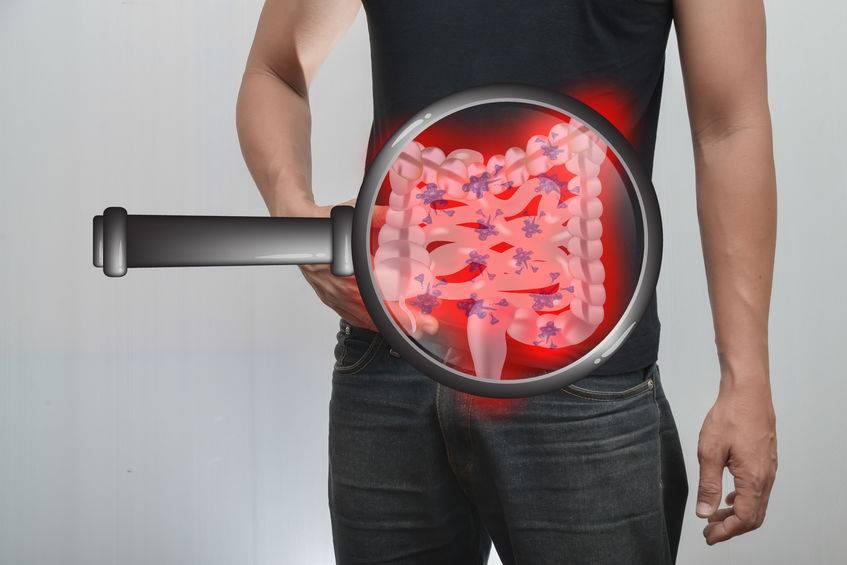
Once gastrointestinal problems occur, they should be treated in time. In addition to going to the hospital for regular checkups, you should also learn relevant medical knowledge. In fact, this is very important. We need to protect the intestines every day. Only in this way can the intestines become more and more healthy.
Understand 4 little health knowledge, which can protect the intestines and “avoid” this trouble
1. Intestinal polyps can turn into cancer
People over the age of 40 go to the hospital for colonoscopy at least once a year. Through colonoscopy, you can directly see all the conditions of the inner wall of the large intestine. Doctors can clearly judge whether there are tumors or polyps.
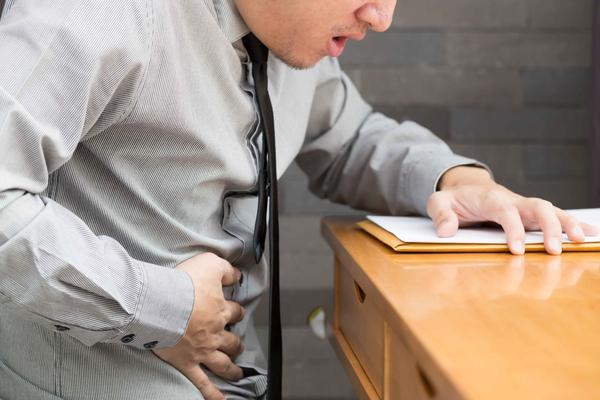
Almost all colorectal cancers are transformed from polyps. Once intestinal polyps are diagnosed, they must be surgically removed to clean the hygienic environment in the intestines and better protect the intestines.
2. Regular screening for colon cancer in high-risk groups
People with bloody stools, irregular stools, repeated diarrhea, difficulty defecation, long-term abdominal pain and bloating, unexplained weight loss and anemia, untreated chronic constipation, abdominal lumps, chronic colitis and lower gastrointestinal bleeding should go to the hospital every 6 months Get colonoscopy.
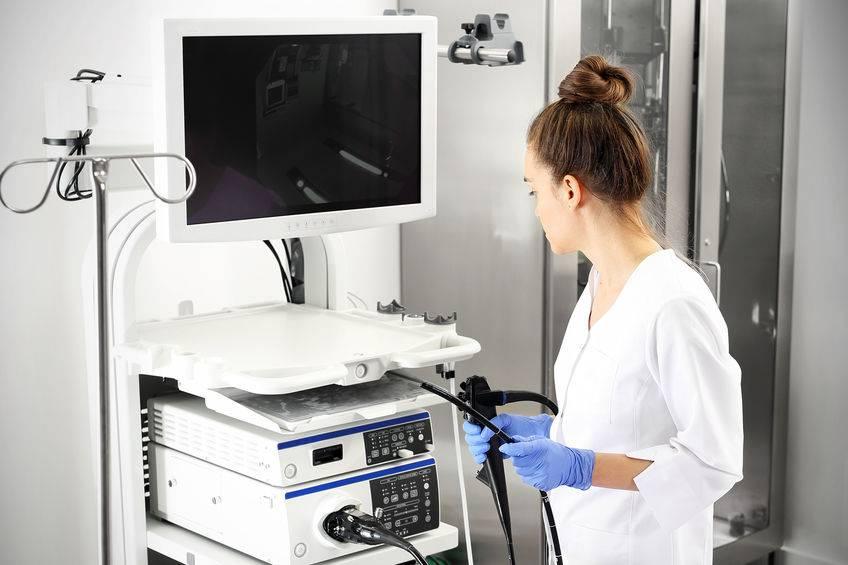
In addition, people over the age of 40 who often smoke and drink alcohol, and eat high-fat and high-protein diets should go to the hospital for a colonoscopy every year.
3. Do a good job of intestinal cleansing
Almost everyone can prepare for a bowel cleanse, but some people cannot do it, such as people with severe inflammation or colitis infection, neurocognitive dysfunction, and intestinal obstruction. Cleanse the gut.
Intestinal cleansing is not a simple matter.
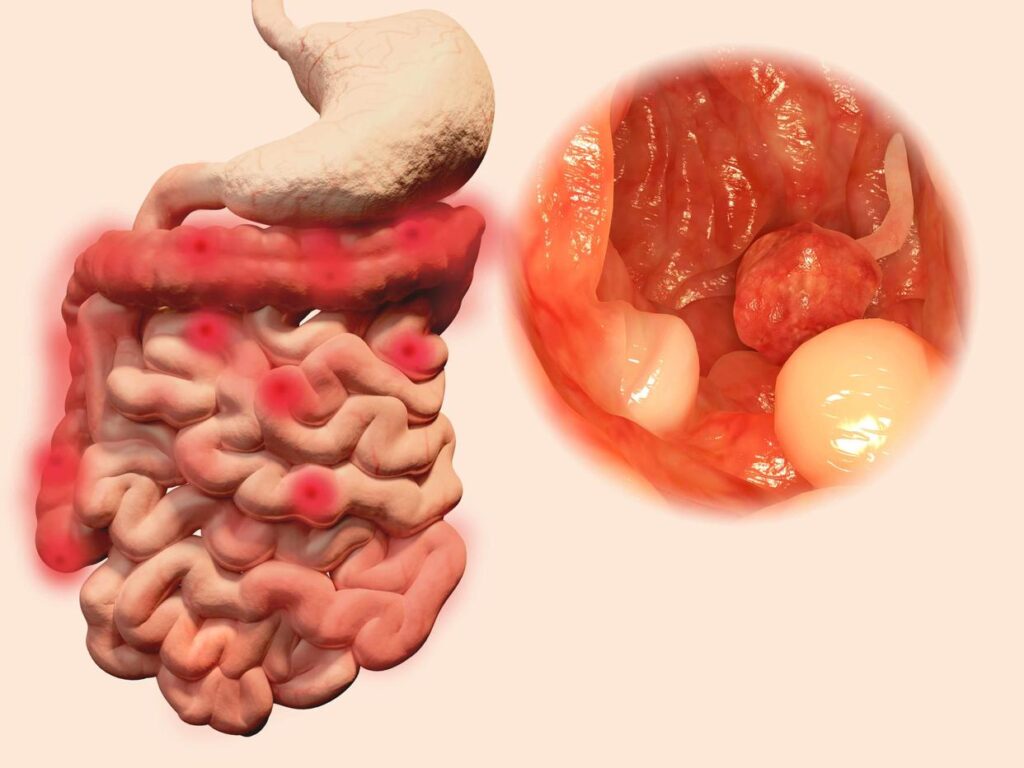
Patients need to be prepared in the early stage, and not everyone can do intestinal cleansing. Before doing intestinal cleansing, you must consult a professional doctor to understand the situation in an all-around way and avoid giving more serious injuries to the body.
4. It is necessary to understand the lesions of bowel cancer
Precancerous lesions of colorectal cancer include colorectal adenoma, inflammatory bowel disease, and chronic inflammation of the large bowel. Colorectal adenomas are benign tumors. If not controlled, normal cells may become cancerous. Early-stage patients can be surgically removed to prevent cancer.
Inflammatory bowel disease lesions are concentrated in the colon, accompanied by hyperplastic polyps. The disease recurs repeatedly and has not yet been completely cured. This kind of person should go to the hospital for a colonoscopy every two years, and the chronic inflammation of the large intestine must be thoroughly treated, including amoebic enteropathy and schistosomiasis, for the prevention of colorectal cancer.
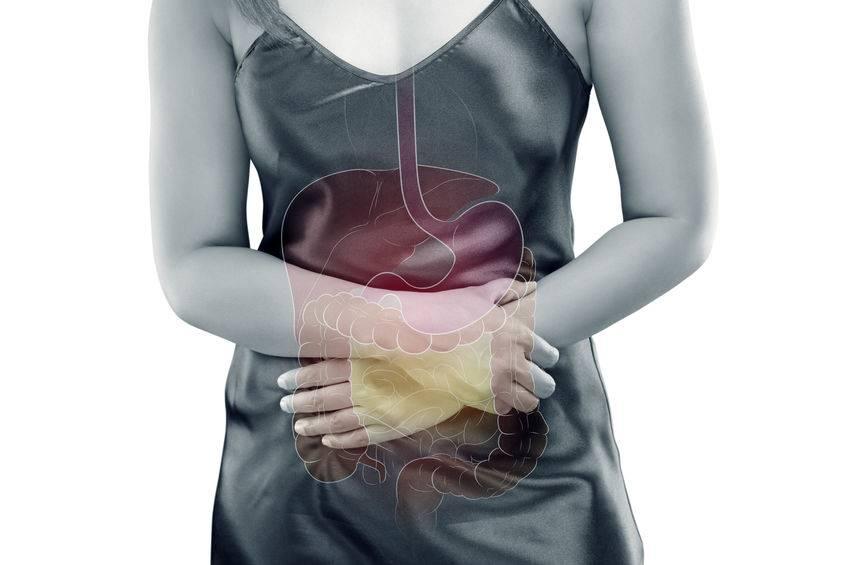
Once you get colorectal cancer, you should go to the hospital for appropriate treatment in time. Patients should go to the hospital for reexamination regularly after surgery, and go to the hospital for a colonoscopy at least every 6 months.
Colorectal cancer is easily confused with hemorrhoids. If bloody or black stools occur repeatedly, you should go to the hospital to rule out the possibility of colorectal cancer. You should observe the stool more often. If the stool is deformed, and long-term abdominal pain, or has unexplained weight loss, you should be more vigilant.
In short, people with poor intestinal tracts must understand the above four little knowledge in daily life, which can protect the intestinal tract to a large extent. I hope the above content can help everyone.
Also Read www.growmorehealth.com
